As Israeli warplanes continue to launch heavy airstrikes on southern Lebanon, the United States and France have proposed a ceasefire to facilitate negotiations.
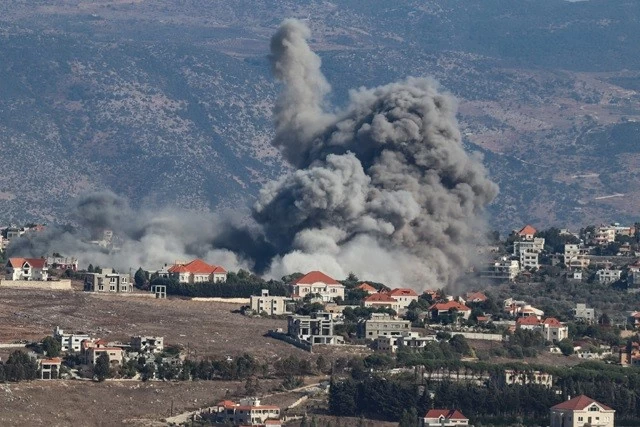 |
| Smoke rises from the site of an Israeli airstrike on the village of Khiam, southern Lebanon, on September 25. (Source: AFP) |
AFP news agency reported that according to Lebanese military sources, on the evening of September 25, Israeli fighter jets carried out about 70 airstrikes on the Baalbek, Hermel and West Bekaa areas in eastern Lebanon.
In addition, some 50 airstrikes were also recorded in the village of Arqoub, the towns of Marjeyoun, Bint Jbeil and Jezzine, and the cities of Sidon, Tyre and Nabatieh in southern Lebanon.
According to multiple sources, the airstrikes targeted Hezbollah sites, an evacuation center and dozens of civilian homes, destroying more than 60 homes and causing major damage to the power grid.
AFP quoted the Israeli military's announcement that they had attacked a total of more than 2,000 Hezbollah targets in Lebanon in the past 3 days, including "hundreds of targets" on September 25 alone.
In response, Hezbollah announced that on the evening of September 25, the movement "hit the Branit barracks with heavy artillery shells", and affirmed that it attacked and destroyed spy equipment in Ramyah in northern Israel.
In its latest update, the Lebanese Ministry of Health said that Israeli airstrikes on September 25 killed 72 people and injured nearly 400 others. Among the victims were 38 in southern Lebanon, 12 in the eastern Bekaa region and 22 in three towns near the capital Beirut.
Earlier, on September 23 and 24, Israel carried out unprecedented attacks on Lebanon since 2006, killing more than 550 people and injuring more than 1,800 across the Middle Eastern country.
Lebanese Environment Minister Nasser Yassin said that in the past 72 hours, Israeli attacks have displaced more than 150,000 people in the past 72 hours.
Despite international efforts to ease tensions, on September 25, Chief of Staff of the Israel Defense Forces (IDF), General Herzi Halevi, asked the army to prepare for "the possibility of entering" Lebanon.
Meanwhile, France and the United States proposed a 21-day ceasefire in Lebanon at an emergency session of the Security Council, following talks between US President Joe Biden and his French counterpart Emmanuel Macron at the United Nations (UN).
French Foreign Minister Jean-Noel Barrot said the two Western powers were proposing this "temporary ceasefire" "to facilitate negotiations".
UN Secretary-General Antonio Guterres called for an immediate ceasefire in Lebanon and warned that "hell is opening up".
For its part, Israel said it welcomed diplomacy on the Lebanon issue but vowed to pursue the goal of weakening Hezbollah.
Meanwhile, Iranian Foreign Minister Abbas Araghchi warned that although in recent weeks the country has refrained from retaliatory strikes on Israel following attacks on the Islamic Republic's interests, Tehran may no longer be able to restrain itself.
"This region is on the brink of a total disaster. If left unchecked, the world will face catastrophic consequences," he stressed.
Source: https://baoquocte.vn/tinh-hinh-lebanon-israel-tiep-tuc-oanh-tac-du-doi-toan-tinh-dua-quan-xam-nhap-my-phap-hanh-dong-khan-287694.html








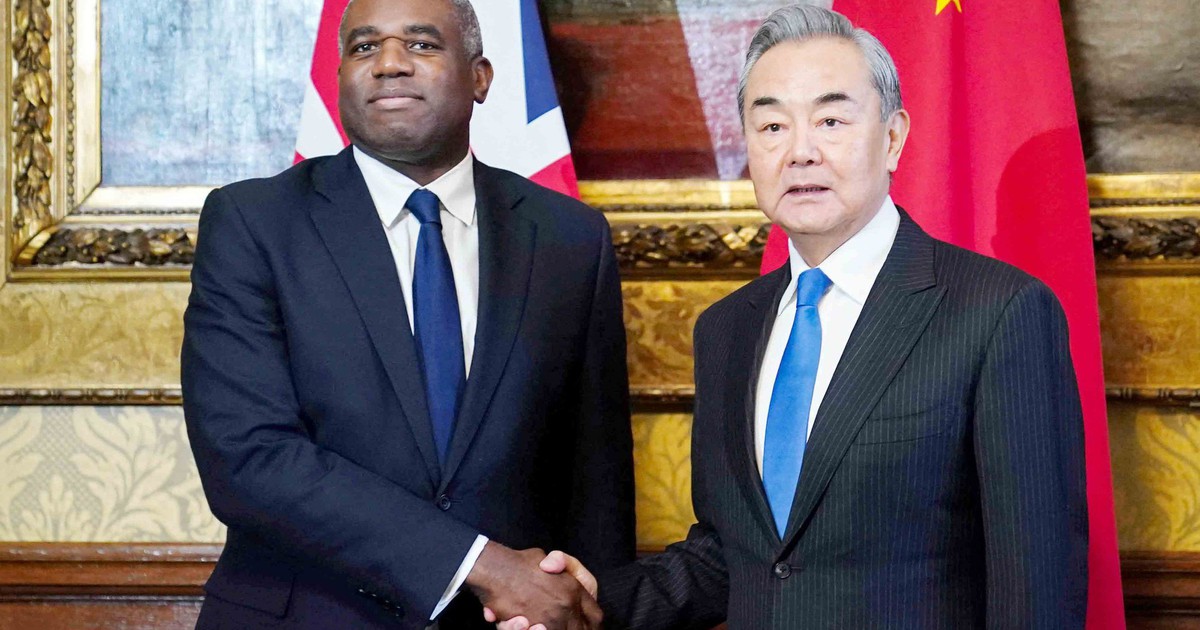

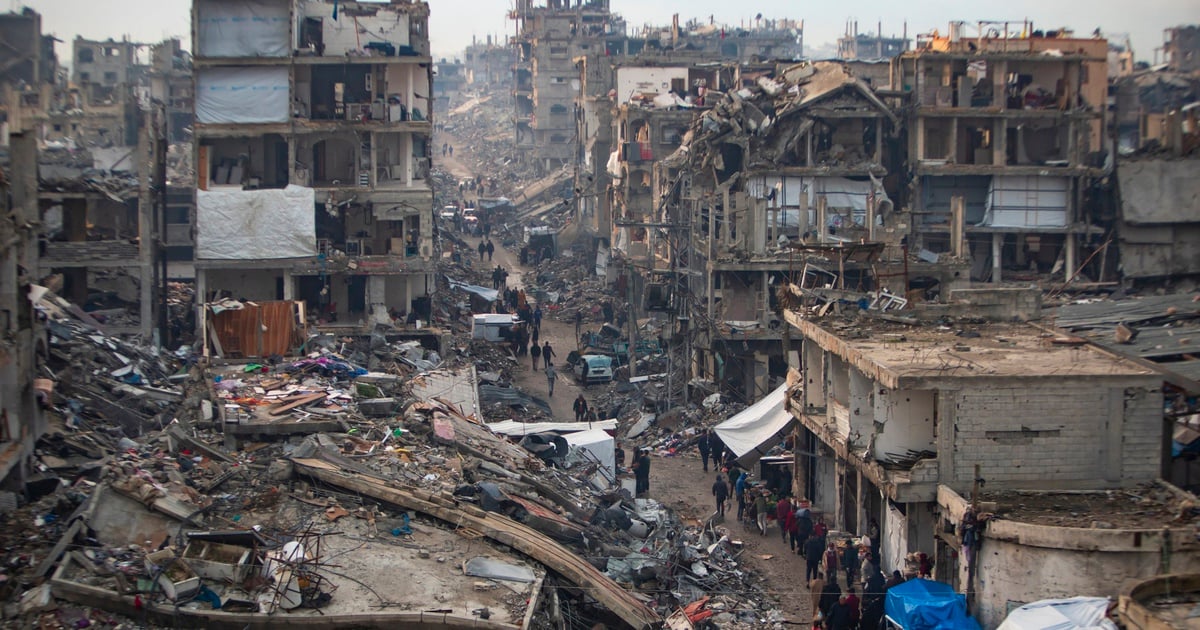


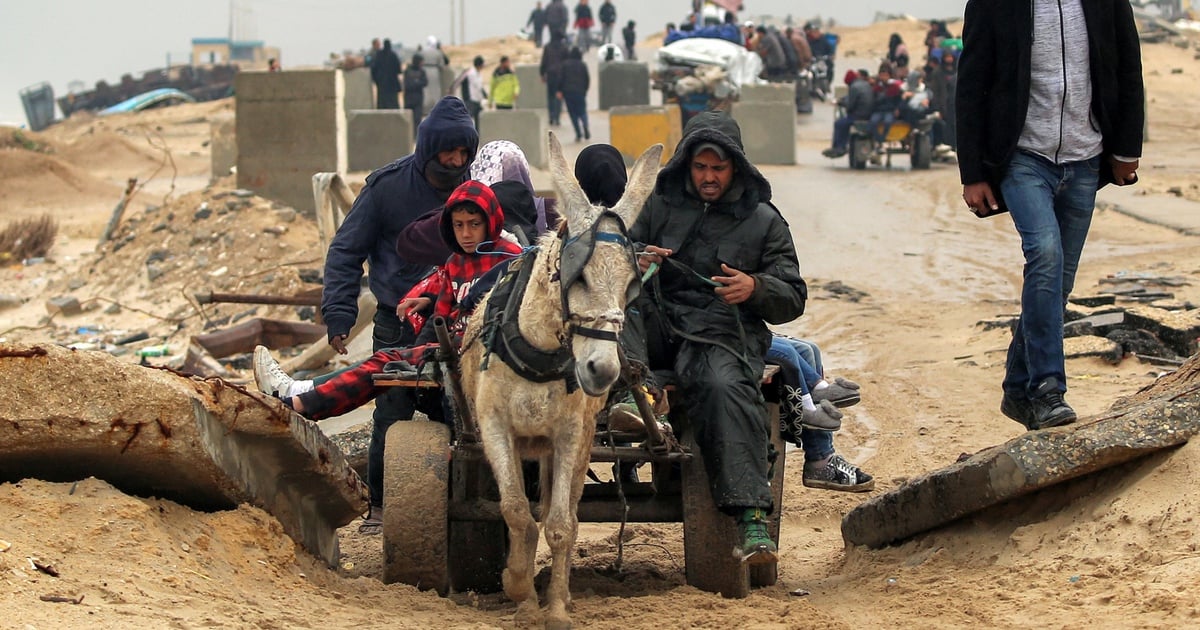
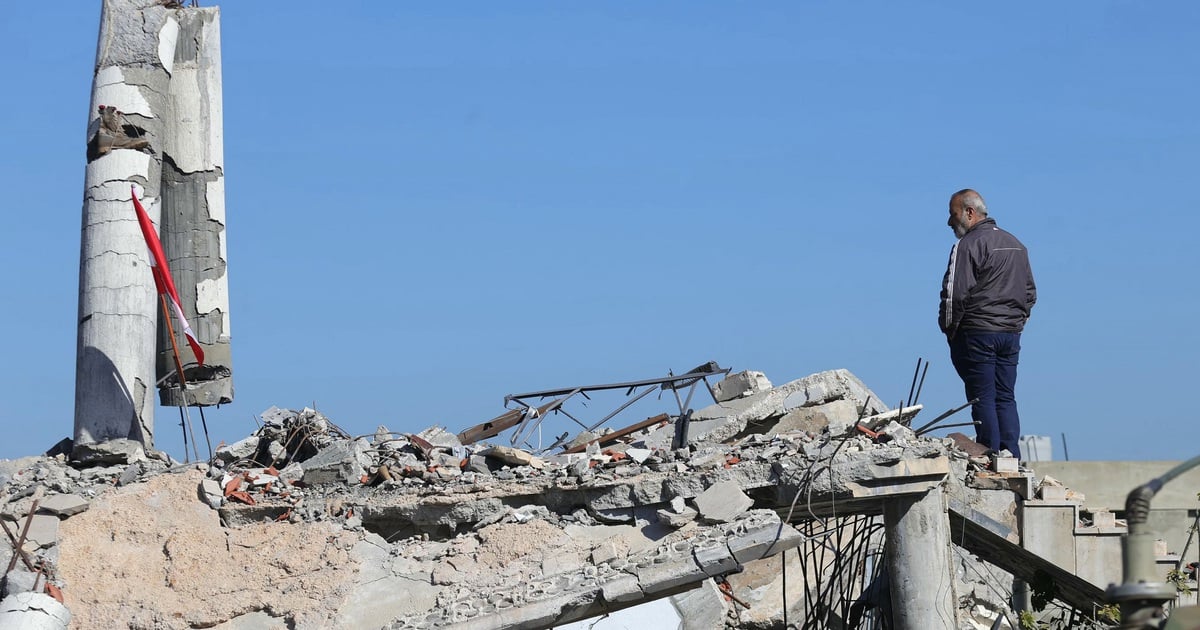



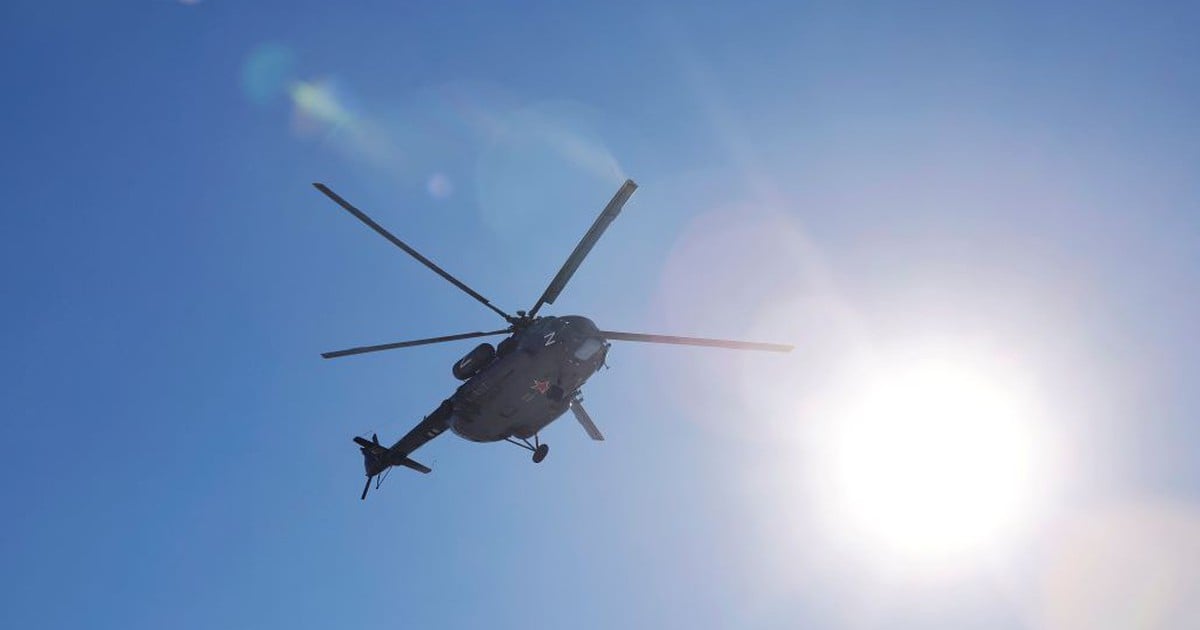
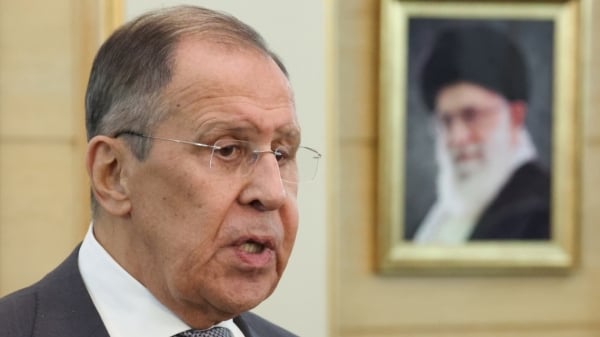

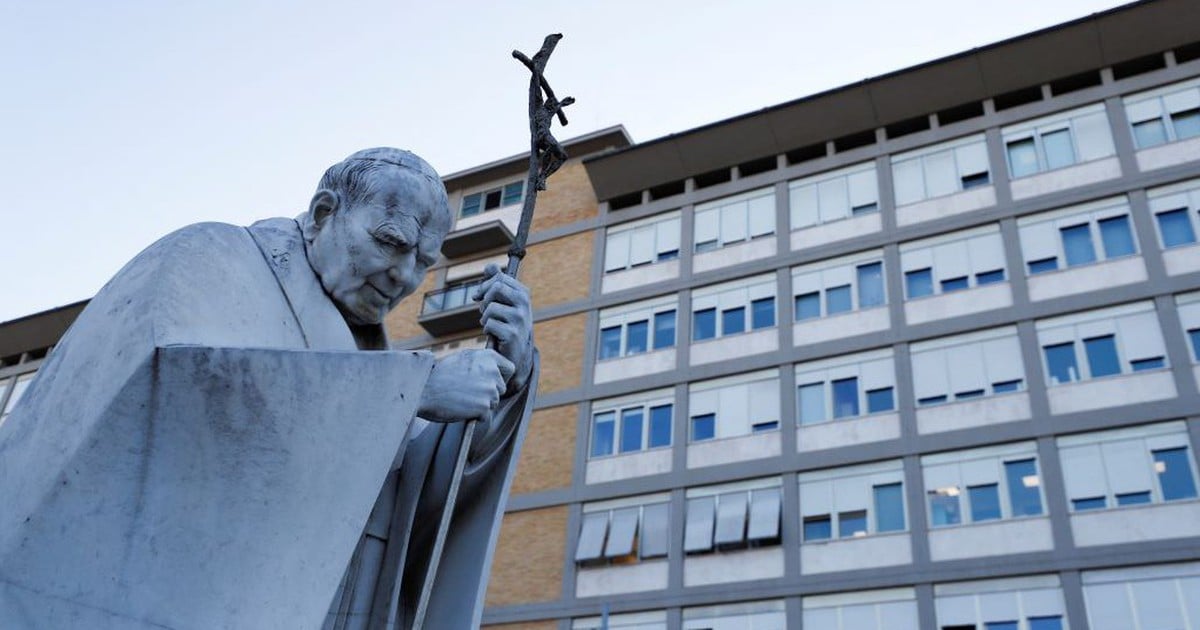



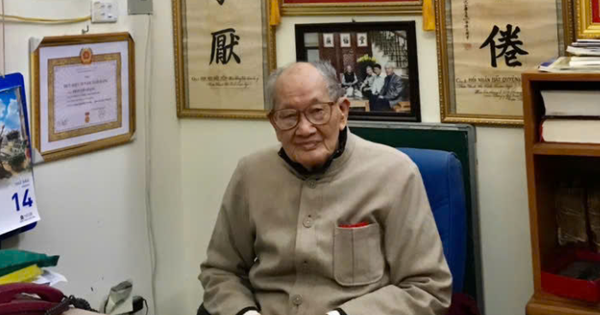











Comment (0)